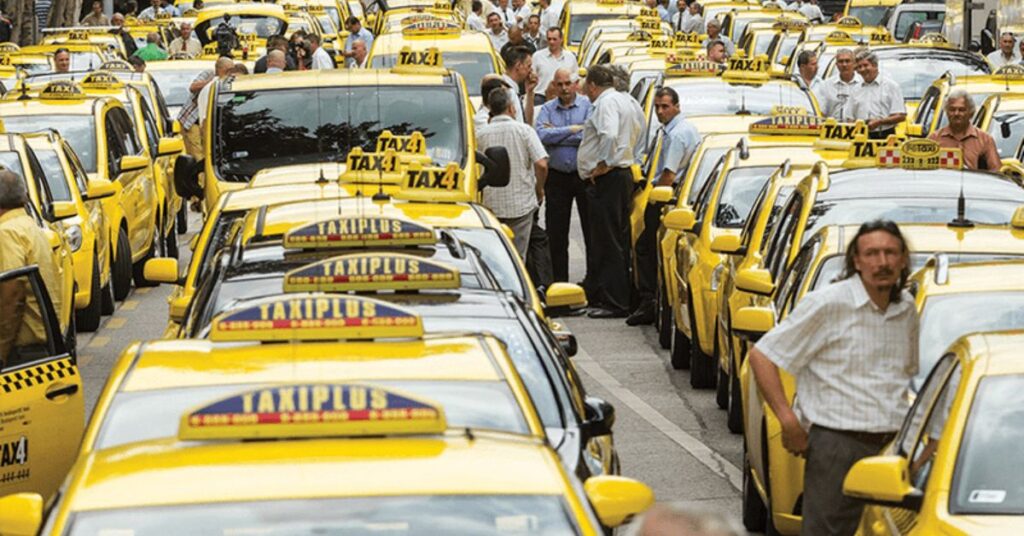Cab drivers face several difficulties in the dynamic field of transportation, particularly in highly competitive markets. Their livelihoods and general well-being are greatly impacted by these obstacles, which range in complexity from legal issues to societal views.
The most obvious problem at the heart of these difficulties is the lack of sufficient legal assistance. Many drivers are vulnerable to abuse and unfair treatment since navigating through a maze of laws and dealing with legal procedures is quite stressful.
One of the primary factors that worsens this issue is the complexity of challans (fines). Drivers must negotiate a labyrinth created by ongoing changes in traffic laws and inconsistent enforcement tactics, which sometimes result in hefty penalties that severely reduce their income affecting their livelihood and lifestyle negatively.
Instances of harassment from law enforcement and other transporters are an additional source of their problems. Drivers experience irritation and a sense of unfairness as a result of discriminatory cases, demands for bribes, and arbitrary penalties, which prolong their hardships which leads to deterioration of mental and social well being.
Moreover, maltreatment by patrons is a common occurrence for cab drivers, which negatively impacts their mental and emotional health. Driver’s feelings of security and dignity are undermined by dangerous behaviours, fare refusal, and verbal abuse in a hostile work environment.
Their hard work schedules’ physical toll is made worse by the dearth of suitable rest areas. Drivers are forced to drive when there are no approved rest spaces, which jeopardises both their general health and safety on the road.
For cab drivers, financial hardship is a constant worry since their stability is being undermined by declining income and rising costs. It becomes more and more difficult for drivers to maintain a respectable level of living as a result of the need to balance operating expenses, fuel prices, and competition from ride-sharing services.
Their task is made much more difficult by the shifting speed restrictions and strict enforcement policies, which need for continual attention to detail and flexibility.
Read More:
- Mahindra Bolero Neo+ launched at Rs 11.39 lakh
- Jeep Meridian Facelift Teased, Launch Confirmed for 2024
In addition to the challenges mentioned above, cab drivers often face significant hurdles related to challans (fines) and their enforcement. Many drivers find themselves in a perplexing situation due to the intricate nature of these fines, exacerbated by constant changes in traffic laws and inconsistent enforcement tactics. Compounding this issue is the fact that some cab drivers operate vehicles that are not registered under their names, but rather under the names of fleet owners or companies. When drivers receive a challan, the full amount is typically deducted from their salary by the vehicle owners, leaving them with little to no recourse or ability to contest the fine. Furthermore, drivers may not even be aware of the e-challan system or the specific violations they are being fined for until notified by their company or vehicle owner. This lack of transparency and opportunity for recourse leaves cab drivers feeling powerless and unfairly burdened by financial penalties that further strain their already precarious livelihoods.
In conclusion, cab drivers face a variety of legal, social, and economic obstacles in highly competitive marketplaces. Regulatory agencies, stakeholders, and the general public must work together to address these problems in order to guarantee equitable treatment, strong support networks, and a favourable working environment for these vital service providers.
Authored by Himanshu Gupta, CEO & Founder of Lawyered

